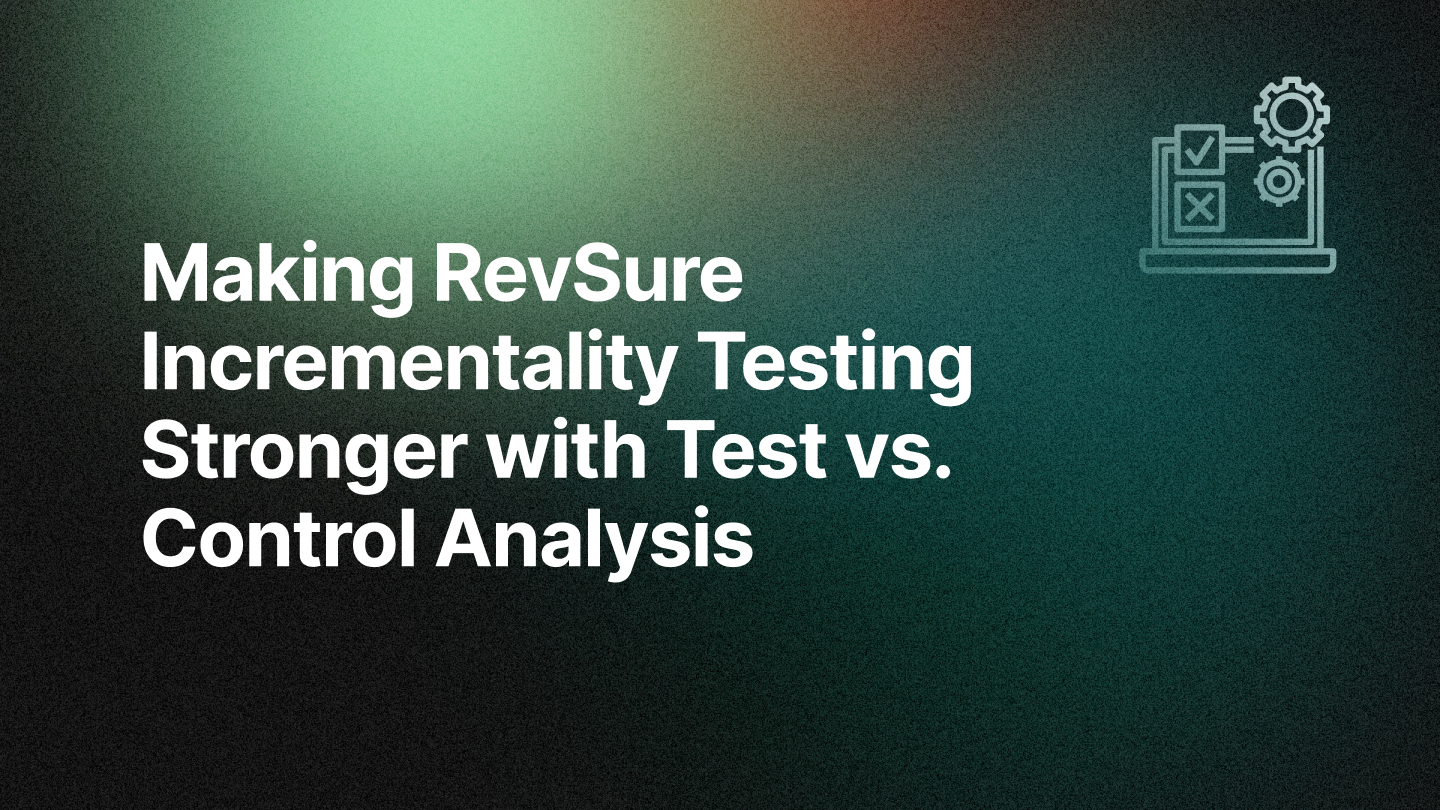The intelligence and analytics needs of B2B marketing teams have evolved beyond what any single best-of-breed vendor solution can provide. According to Gartner, 63% of marketers state that data-driven marketing is crucial to success, yet 51% struggle to integrate their data across platforms. This disconnect underscores the need for a more comprehensive approach. Here's why this shift is happening and what it means for the industry:
1. Demand Generation Teams: These teams are under pressure to optimize budgets and demonstrate ROI across the entire funnel. The complexity and accountability have increased, requiring a more nuanced approach to tracking and proving success.
2. CMOs and Marketing Teams: There's an increasing responsibility for these teams to meet pipeline and revenue targets, integrating marketing efforts directly with sales outcomes.
3. Hybridization of GTM Motions: Modern go-to-market strategies involve multiple buyer and funnel journeys, including Account-Based Marketing (ABM), Lead-Based, and Product-Led Growth strategies. This mix requires sophisticated tracking and coordination.
4. Back to Basics: The focus is returning to marketing to Ideal Customer Profiles (ICPs) and target accounts, emphasizing the importance of precision and relevance in marketing efforts.
Emerging Needs and Pain Points
This evolution brings with it a new set of needs and pain points:
1. Tracking ICP-Focused Efforts: It's critical to monitor the effectiveness and outcomes of marketing efforts targeting ICPs. This includes understanding which tactics drive engagement and conversions within these key segments.
2. Classifying Accounts: Marketing teams need to classify accounts based on their buying stage and readiness, using both first-party and third-party signals. Prioritizing campaigns and outreach based on this data is essential for efficiency and effectiveness.
3. Understanding Funnel Dynamics: Marketers must grasp the dynamics of stage-to-stage conversions, buyer journeys, and the most effective touches. This analysis must cover various dimensions, including regions, channels, segments, and industries.
4. Running Effective Campaigns: Campaigns need to demonstrate their impact on the buyer journey, moving prospects through the funnel toward conversion, pipeline creation, and revenue generation.
The Need for a New Approach in B2B Marketing Intelligence
To navigate this complex landscape, B2B marketing teams need a new compound category of tools and collaborative best-of-breed tech partnerships. These solutions should span:
Multi-touch Attribution
Proper attribution is crucial for understanding which marketing activities are driving results. By accurately attributing value to each touchpoint, marketers can optimize their efforts, allocate budgets more effectively, and demonstrate ROI. The complexity of modern buyer journeys, which often involve multiple touchpoints across different channels, makes accurate attribution challenging. Multi-touch attribution models are necessary to provide a complete picture.
Advanced attribution tools that use data analytics and machine learning can help track and assign value to various touchpoints, providing insights into the most effective marketing tactics and channels.
Account Intelligence
With detailed account intelligence, marketers can tailor their strategies to address the specific needs and pain points of each account, enhancing the relevance and effectiveness of their campaigns. However, collecting and synthesizing data from multiple sources, including CRM systems, third-party data providers, and engagement platforms, can be complex and time-consuming.
Integrating account intelligence tools with CRM systems and marketing automation platforms can streamline data collection and analysis. These tools can provide insights into account behaviors, intent signals, and engagement levels, helping marketers prioritize and personalize their outreach.
Funnel Management
Effective funnel management ensures that prospects are nurtured appropriately at each stage, increasing the likelihood of conversion and reducing drop-off rates.
Managing the funnel requires a clear understanding of the buyer journey, the ability to track progress through various stages, and the capacity to identify and address bottlenecks. Funnel management tools that offer real-time tracking and analytics can help marketers visualize the movement of prospects through the funnel, identify conversion rates at each stage, and implement strategies to improve overall funnel performance.
Predictive Intent/Propensity
Predictive intent/propensity involves using data and analytics to predict which accounts or individuals are most likely to engage or convert. By identifying high-propensity accounts, marketers can focus their efforts on the prospects most likely to generate revenue, improving efficiency and effectiveness.
Predictive analytics tools that leverage machine learning algorithms can analyze historical data and identify patterns that indicate buying intent. These tools can provide marketers with actionable insights into which accounts to target and how to engage them effectively.
Next Best Touch Recommendations
Personalized and timely engagements can significantly enhance the buyer experience and increase the likelihood of conversion. Determining the most effective next step requires a deep understanding of the buyer's journey, preferences, and current engagement level.
AI-driven recommendation engines can analyze data from multiple sources to provide marketers with actionable insights into the next best touch. These recommendations can include content suggestions, communication channels, and timing for outreach, ensuring that each interaction is as effective as possible.
Orchestration of B2B Marketing Intelligence
The next big trend in B2B marketing intelligence is the orchestration of these various intelligence sources. Rather than relying on isolated tools, marketers need an integrated approach that leverages the strengths of multiple solutions to provide a comprehensive view of their efforts.
The primary challenge lies in how to orchestrate this "Marketing Intelligence" effectively. It requires seamless integration, sophisticated data management, and a strategic approach to leveraging insights across different tools and platforms.
In conclusion, the orchestration of intelligence represents the future of B2B marketing. By integrating and coordinating various intelligence sources, marketing teams can achieve a more holistic and effective approach to meeting their goals and driving growth.
Related Blogs







.jpg)
